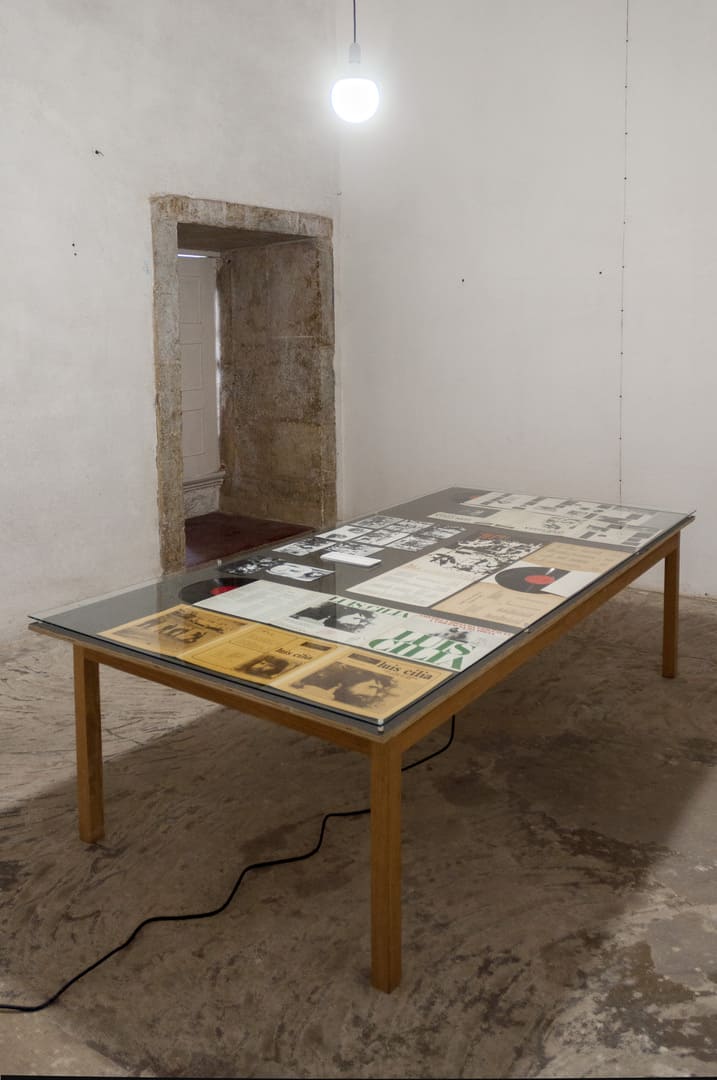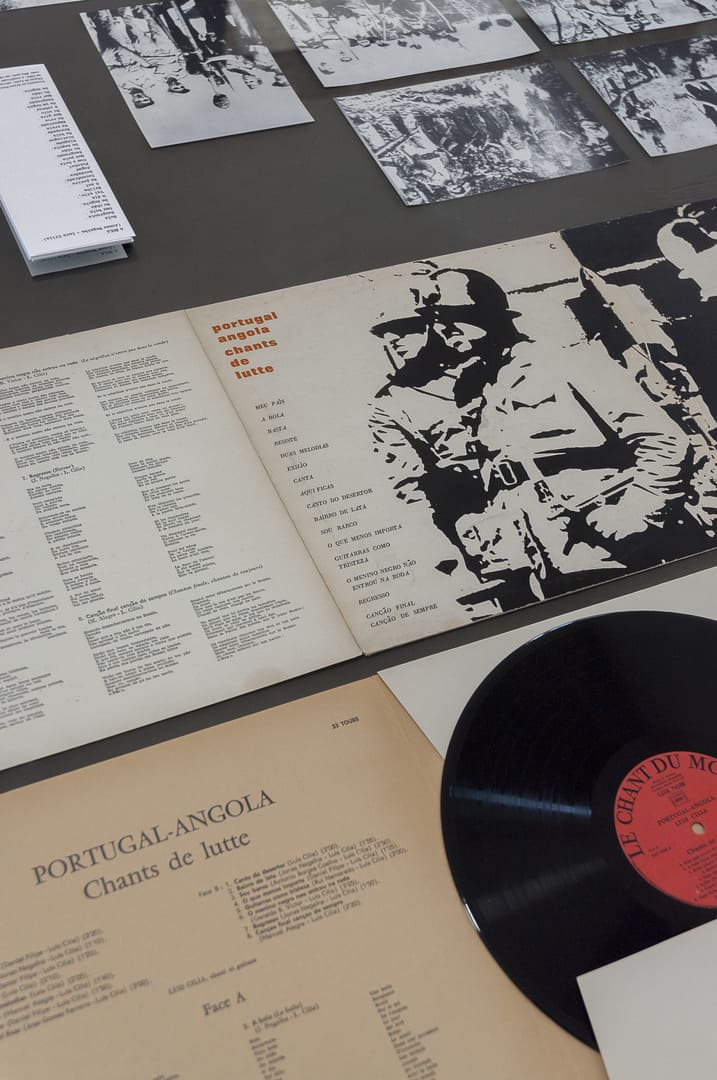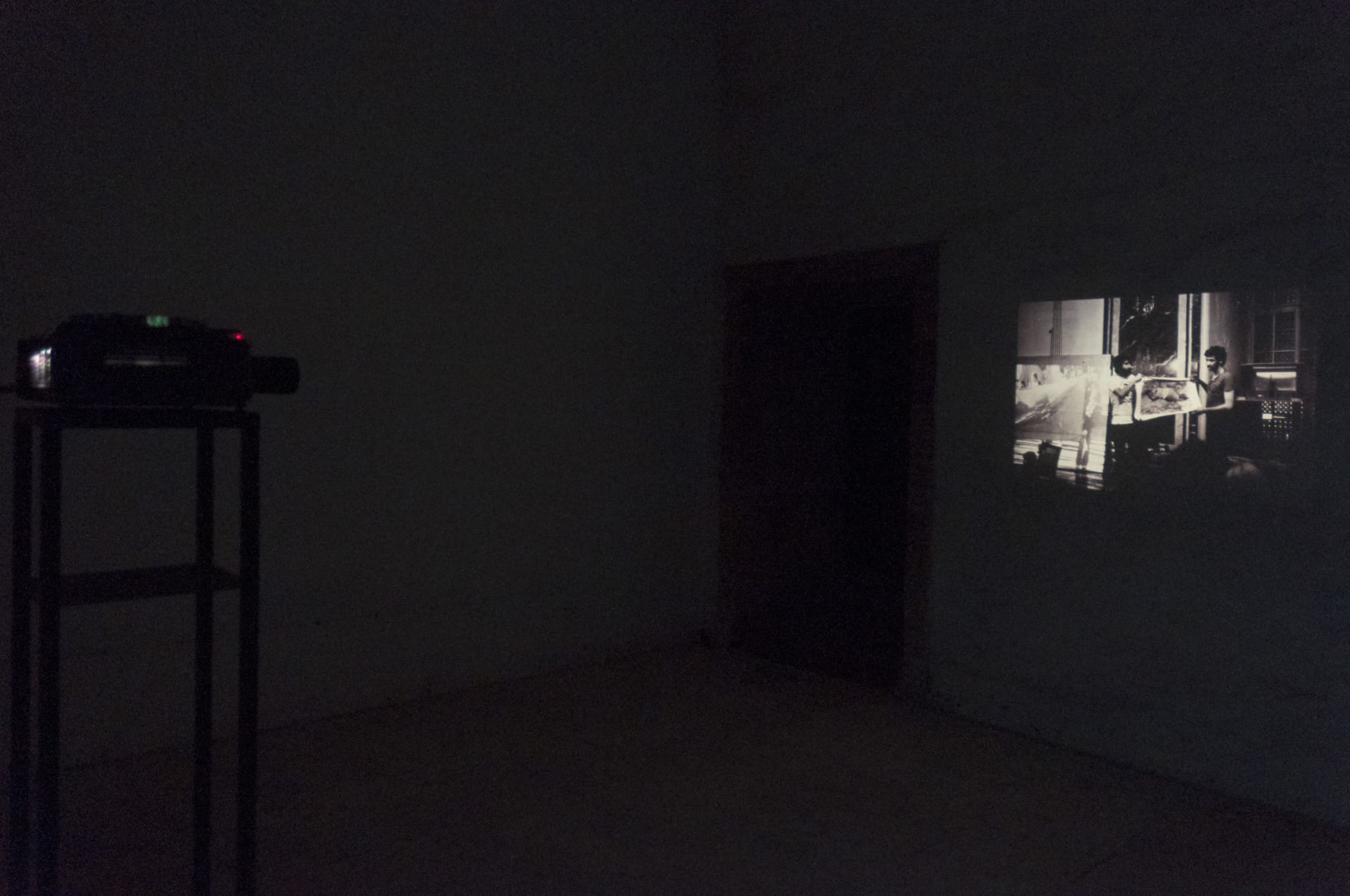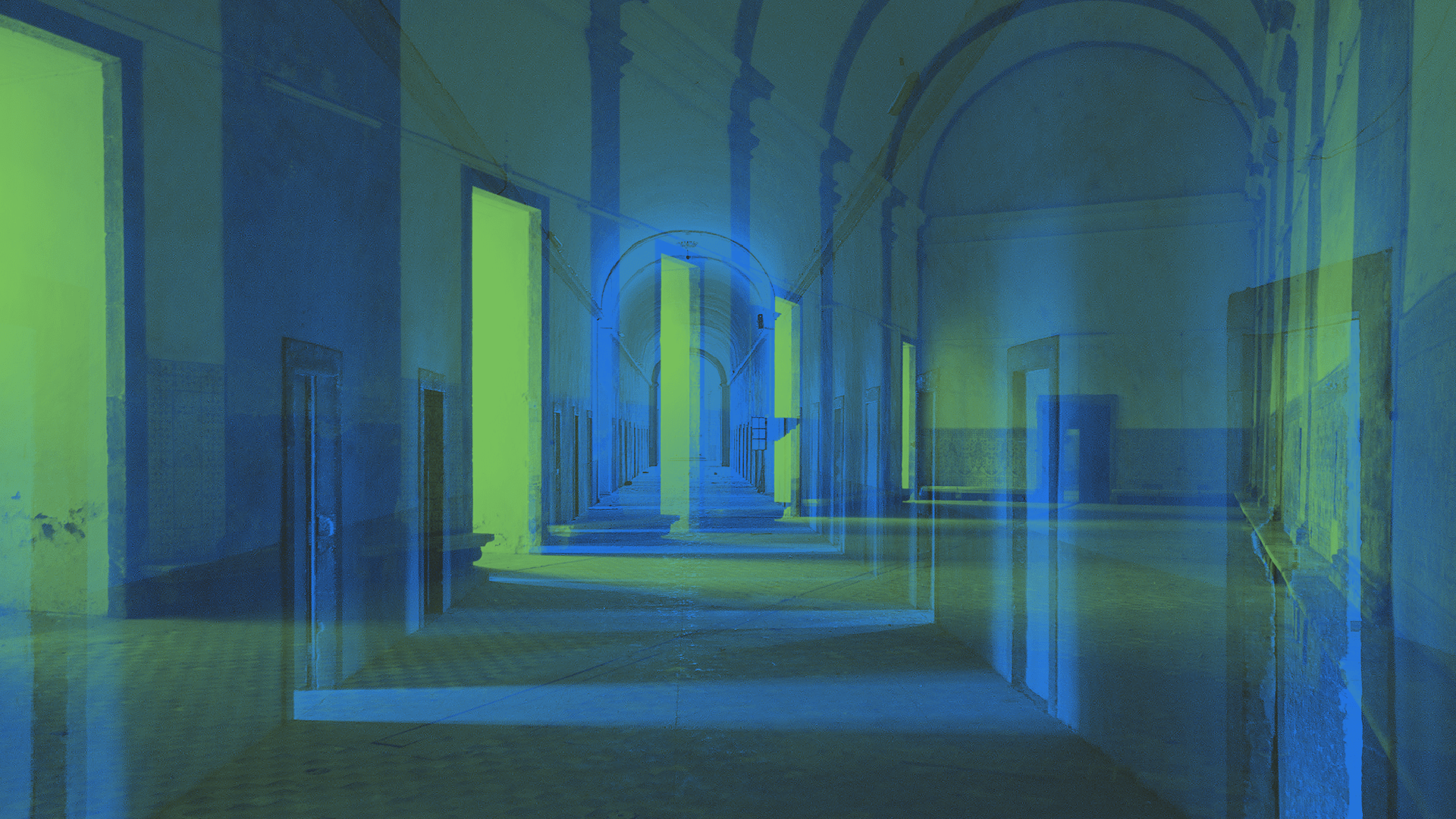Luís
Cília
Luís Cília



Angola, 1943
The story of the life and work of singer-songwriter Luís Cília (Huambo, Angola, 1943) intertwines with the history of the political movements resisting the Salazar dictatorship and the Colonial War. When he came to study in Portugal in 1959 and joined the student movement shortly afterwards, it signalled the awakening of his lasting commitment to the political transformation of reality.
He left for exile in Sweden in 1964, after PIDE (the Estado Novo's political police) brought charges against him. Before arriving at his final destination, Luís Cília ended up settling in Paris, where he came into contact with the Association of Portuguese Origins, as well as with important figures in the political, artistic and resistance circles, and with some fellow countrymen who were also exiled. This context saw the emergence of a musician who was deeply aware of the weaknesses and violence inherent in colonising European societies. The same year he arrived in France, he recorded his first LP, Portugal-Angola: Chants de Lutte, on the Chant du Monde label. Intervention songs and poems set to music by Portuguese writers make up his extensive oeuvre, markedly involved in the political effervescence of his time. From his edition of Contra a Ideia da Violência a Violência da Ideia, in honour of Amílcar Cabral, to his closeness and collaboration with Spanish musician Paco Ibañez, Luís Cília's music evokes the importance of the constant struggle for the freedom of peoples.
Arquivo Luís Cília, 2024
Installation, variable materials and dimensions
Artist's archive.
It was during the ten years Luís Cília spent in exile that his career as a singer and songwriter gained recognition in various countries, which led him to give recitals and performances at festivals, rallies and student associations. For the biennial O Fantasma da Liberdade (The Ghost of Freedom), a proto-archive has been created inside the Monastery of Santa Clara-a-Nova, which preserves some of the memories of his public performances. In addition to honouring Luís Cília and highlighting the role of music in the history of resistance, this is an opportunity to bring to the public images that have long been kept from the collective imagination about Portugal's colonial past.
These images resurrect ghosts that the country has locked away behind very tightly closed doors and which, to a certain extent, appear as an invitation to reformulate the narratives that surround this past, the Colonial War, 25 April, the independence of the former colonies and the formation of Portuguese society today. In these stories, which are still permeated by gaps today, the occupation at the Monastery of Santa Clara-a-Nova of Luís Cília's archive offers an opportunity to reflect on issues that remain difficult to assimilate.
It consists of projected images of his performances in the German Democratic Republic in 1973; the inserts for three of his albums, Portugal-Angola: Chants de Lutte (1964), Meu País (1973) and Contra a Ideia da Violência a Violência da Ideia (1973); by printed photographs from his personal archive; by the phantasmatic whistling of the music created for the 1967 film O Salto by director Christian de Chalonge (which draws a portrait of young Portuguese emigrating to France to escape the Colonial War); and by the lyrics of the song A Bola, which each visitor will be able to take home, Arquivo Luís Cília is a proposal to revive the revolutionary spirit of his work.



